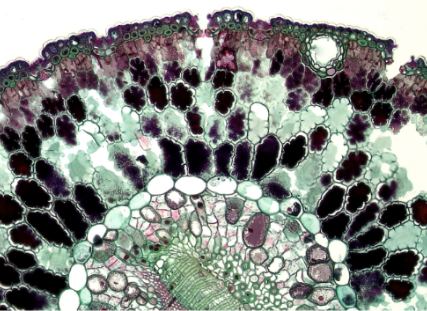Arthritis, especially osteoarthritis (OA), causes joint pain and loss of function because cartilage and surrounding joint tissues degrade over time. Rather than only masking symptoms, regenerative medicine aims to repair or slow that tissue loss. Stem cells, and in particular mesenchymal stem/stromal cells (MSCs), are central to that research because of their ability to both form new tissue and modulate inflammation.
Clinical evidence is emerging but still mixed. Early human studies, including proof-of-concept trials that injected autologous (patient-derived) adipose-tissue MSCs into osteoarthritic knees, reported improvements in pain, function, and imaging-based measures of cartilage in some patients. These trials are encouraging, but they were small, used different cell sources and doses, and have given variable long-term results. Larger randomized trials and longer follow-up are still needed.
Safety and regulation are important caveats. Many clinics worldwide market “stem cell” injections for joints, but regulatory bodies warn that most of these treatments remain experimental and are not approved for orthopedic conditions. The FDA and other authorities advise caution: unapproved or poorly controlled products can be ineffective or even harmful. Always check whether a treatment is part of a properly regulated clinical trial or an approved medical program.
So where do supplements and lifestyle fit in? While supplements cannot replace a clinical stem-cell therapy, they can support the tissue environment that regenerative approaches depend on. Nutrients and botanicals that reduce oxidative stress, modulate inflammation, and support cellular repair may theoretically improve the joint microenvironment and the survival/function of reparative cells.
At MyLongevityLife, Daily Youth is positioned as a cellular-regeneration focused formulation, described by the brand as containing antioxidants and ingredients that support DNA repair and stem-cell health. While not a substitute for medical stem cell therapies, a product like Daily Youth may be used as part of a broader strategy to support cellular resilience and slow degenerative processes that contribute to joint decline. Always consult a healthcare professional before combining supplements with any invasive therapy.
In conclusion, stem cells hold real promise for arthritis because they combine regenerative and immunomodulatory actions. Early clinical work shows potential, but the field is still evolving: more rigorous trials, standardized manufacturing, and regulatory oversight are needed before stem-cell injections become routine care. Meanwhile, evidence-based lifestyle measures (weight control, exercise, anti-inflammatory nutrition) and responsibly chosen supplements that support cellular health may help create a friendlier environment for joint repair, whether now or in the context of future regenerative therapies.
References
Barry, F., & Murphy, M. (2013). Mesenchymal stem cells in joint disease and repair. Nature Reviews Rheumatology, 9(10)
Jo, C. H., Lee, Y. G., Shin, W. H., Kim, H., Chai, J. W., Jeong, E. C., … & Yoon, K. S. (2014). Intra-articular injection of mesenchymal stem cells for the treatment of osteoarthritis of the knee: a proof-of-concept clinical trial. Stem Cells, 32(5)
Kwon, D. G., Kim, M. K., Jeon, Y. S., Nam, Y. C., Park, J. S., & Ryu, D. J. (2022). State of the art: The immunomodulatory role of MSCs for osteoarthritis. International Journal of Molecular Sciences, 23(3), 1618.
U.S. Food and Drug Administration. (2020, July 22). Consumer alert on regenerative medicine products including stem cells and exosomes. (Content current as of 04/09/2024). U.S. FDA.
MyLongevityLife. (n.d.). Daily Youth – Powerful Blend for Longevity and Cognitive Function. MyLongevityLife product page.

